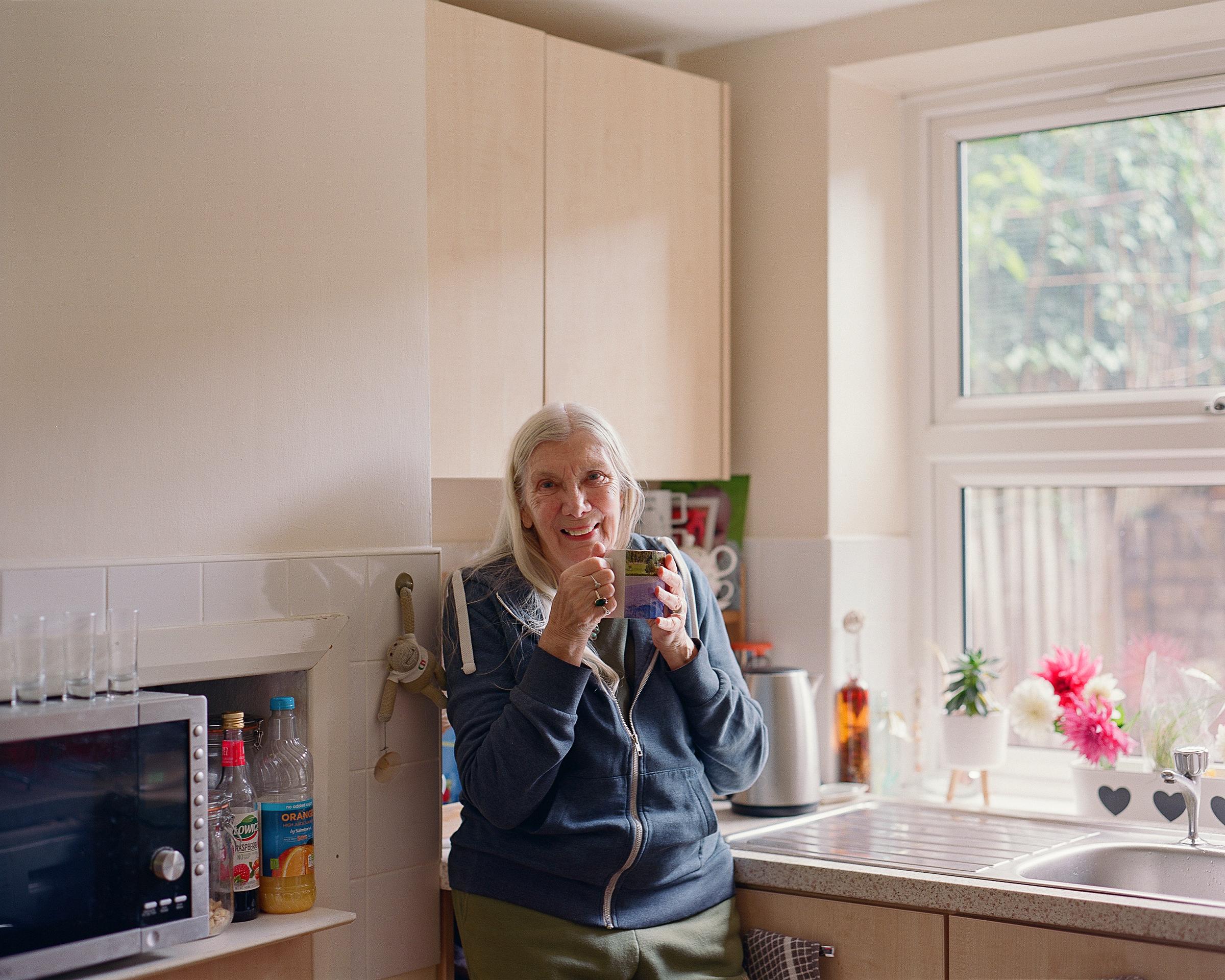Four steps to unlock affordable home-ownership
Home-ownership policies should help households currently locked out of home-ownership, not those who already have the keys, says Rachelle Earwaker.
It’s not right that the Government’s First Homes proposal of discounting new homes by 30% only helps a very narrow group of households across the country, and risks giving the most support to those people already able to access home-ownership. What’s more, it risks reducing the supply of affordable homes for rent, which are a lifeline for those in housing need.
Things have changed drastically since the First Homes proposal was initially drafted, in a pre-COVID-19 world. The consultation closed on 1 May, and although we welcome the Government’s attempts to enact targeted home-ownership support, the proposal of providing a 30% discount on new-build homes does not solve the problems now facing those locked out of home-ownership. Their concerns are finding the savings to pay for a deposit while rent costs take up a large proportion of income, and repaying a mortgage when average house prices remain high. The policy doesn't solve these for three main reasons:
- It only helps a narrow group of potential home-owners, and doesn’t make saving for a deposit more affordable. Average house prices are still too high relative to low to middle incomes in most regions. First Homes would be out of reach for single-earner households on up to median earnings, only becoming attainable for dual-earners with two people working full-time and earning median earnings. When saving for a deposit is factored in, this could exclude much larger groups such as those with their incomes diverted towards childcare costs.
- The policy risks mainly helping people who are already able to access home-ownership to move into more expensive homes. The new-build premium offsets the First Homes discount in most regions in comparison to the average home a first-time buyer would purchase. In regions where First Homes may be affordable to those on double the median income, an average home in the secondary market would still be cheaper.
- It would have a limited impact in helping key workers access home-ownership. An explicit aim of the First Homes policy is to support key workers into home-ownership. Our analysis shows that First Homes would be out of reach of key workers on lower incomes, whether because their professions are lower paid, or they are in the early stages of their careers. This is particularly stark for those in caring professions.
First Homes also risks negatively impacting the supply of affordable housing. The proposal would divert funds from much-needed social housing towards support for home-owners. Using developer contributions to fund First Homes could redirect a significant amount of support away from much needed social housing, towards a home-ownership policy unlikely to support those currently locked out of home-ownership. We estimate that nearly half a billion pounds could be redirected from social rented housing into First Homes, the equivalent of over 3,500 social rented homes a year. This is particularly important given that section 106 now accounts for almost 60% of social homes delivered. The First Homes proposal also threatens to disregard local assessments of housing need. Local authorities are well placed to determine the need for affordable housing in their areas, both in terms of quantity and type, and central government should not undermine this.
Here's how Government policy can help households locked out of home-ownership
If the Government is committed to ensuring more households can access home-ownership, including those on lower incomes, we recommend that when reconsidering the proposal the Government needs to do four things:
- Move away from arbitrary discounts on new-build properties to understand the barriers facing those who want to access home-ownership (including saving for deposits and the affordability of paying a mortgage), using these to design schemes which can benefit a much wider demographic.
- Propose a funding approach for affordable home-ownership which expands over all affordable housing supply, therefore ensuring that supporting potential home-owners does not come at the expense of those in the most acute housing need.
- Ensure that affordable home-ownership policies recognise and respond to local housing need and do not override the need for other tenures, particularly social rent, where they are the best means of addressing local housing need.
- Review whether this is the most appropriate housing policy to implement at the current time. The First Homes proposal was drawn up pre-COVID-19, but the consultation closed on 1 May. Given uncertainties about the housing market, and that the incomes and futures of many are so uncertain, increasing the supply of low-cost homes for rent is vital to provide certainty and security for those trying to weather the COVID-19 storm. A policy that could reduce that supply is not right. Given the strong role that the housing sector can play in stimulating the economy, it will be important to consider whether First Homes is likely to help or harm these efforts.
You can read the full JRF First Homes consultation response.

This idea is part of the housing topic.
Find out more about our work in this area.